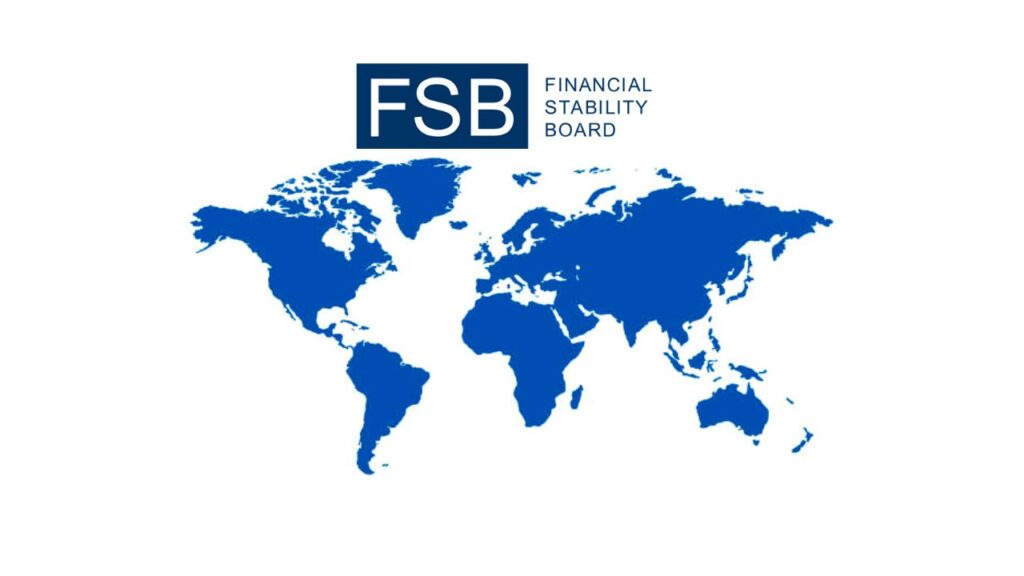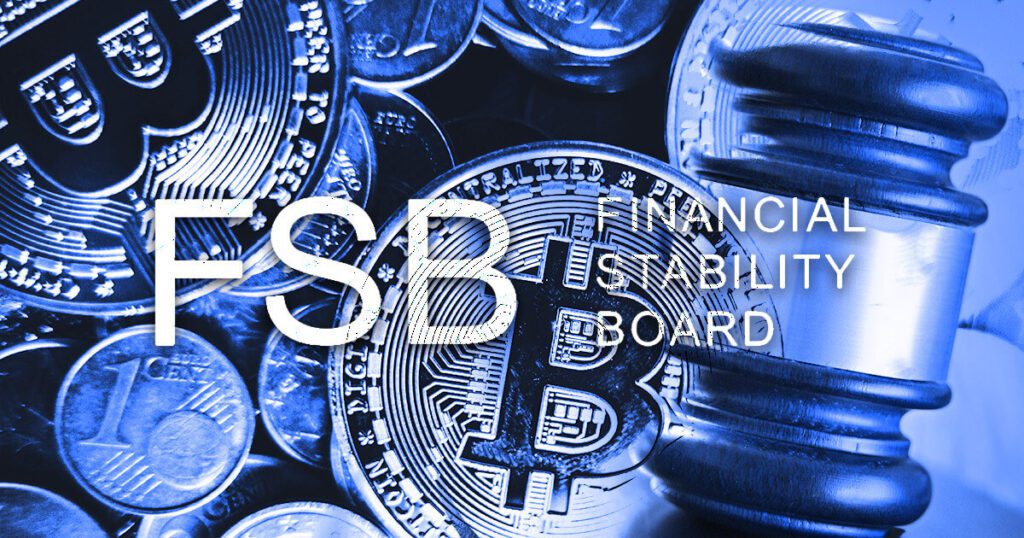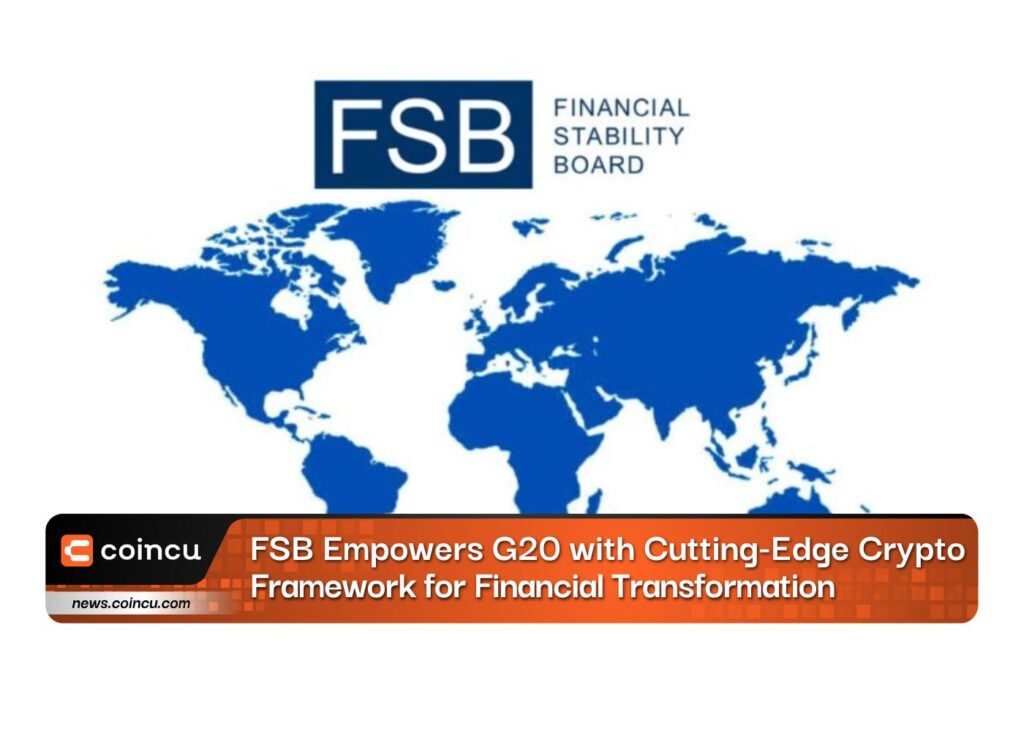Key Points:
- The Financial Stability Board (FSB) issues its set of recommendations for international crypto regulation that will inform the G20 this September. The framework seeks to address the risks of crypto to global financial stability.
- The Financial Stability Board believes that crypto activities must be regulated exactly how their traditional finance counterparts are regulated, regardless of how crypto firms market their products. This includes safeguarding client assets and cracking down on complex corporate structures that lead to conflicts of interest.
- The FSB stresses the importance of cross-border cooperation in regulating crypto activities, including information sharing and monitoring cross-border issues.
The Financial Stability Board (FSB) has published a set of recommendations for international crypto regulation that will inform the G20 this September.

The FSB is a global finance regulator that seeks to address the risks of crypto to global financial stability. The recommendations are based on the principle of “same activity, same risk, same regulation.” In essence, the Financial Stability Board believes that crypto activities must be regulated exactly how their traditional finance counterparts are regulated, regardless of how crypto firms market their products.
To ensure the safeguarding of client assets, the Financial Stability Board recommends that client assets are segregated from a firm’s own assets. The FSB points to national authorities to require that crypto-asset service providers maintain adequate safeguarding of customer assets and protect ownership rights, including in insolvency. This is an important aspect of crypto regulation that can help ensure that clients are not left in the dark when it comes to their own assets.

The FSB is concerned about the practice of certain crypto exchanges, such as Binance, that “combine multiple functions.” In traditional finance, certain functions need to be carried out by different entities to avoid fraud. In crypto, it’s common for firms to act as a jack of all trades, which leads to some firms not being transparent about their governance structures. The FSB believes that setting up complex affiliate corporate structures that finance each other leads to “acute conflicts of interest” as well as increases the risk of contagion. To solve this problem, the finance regulator has recommended that crypto exchanges and their affiliates be subject to “legal separation of certain functions” by authorities.
The FSB has also provided recommendations for ‘global stablecoins’ within the framework. The FSB believes that issuers should safely store and report data, have robust risk management guidelines, and otherwise comply with regulators. The FSB believes that global stablecoin issuers should need official approval before operating in a certain jurisdiction. This is an important aspect of crypto regulation as it can help prevent fraud and other illegal activities.
The importance of cross-border cooperation has been stressed by the FSB, as some countries enforce stricter crypto regulations than others. The FSB is vague on how it hopes to achieve this but said that its recommendations “have been strengthened on information sharing, including about the level of compliance of activities spanning multiple jurisdictions, especially those in jurisdictions that have not implemented international standards.”
The FSB is working together with the IMF to deliver a joint report to the G20 in September. This will combine macroeconomic and monetary issues stemming from crypto (compiled by the IMF) with the FSB’s work on regulation. By the end of 2025, the FSB hopes to conduct a review of how these recommendations have been implemented “at the jurisdictional level.” Until then, the finance regulator will be focusing on ways to improve cross-border coordination. This includes engaging with more jurisdictions to get them onboard and monitoring cross-border issues in crypto as they occur.
DISCLAIMER: The Information on this website is provided as general market commentary and does not constitute investment advice. We encourage you to do your own research before investing.





